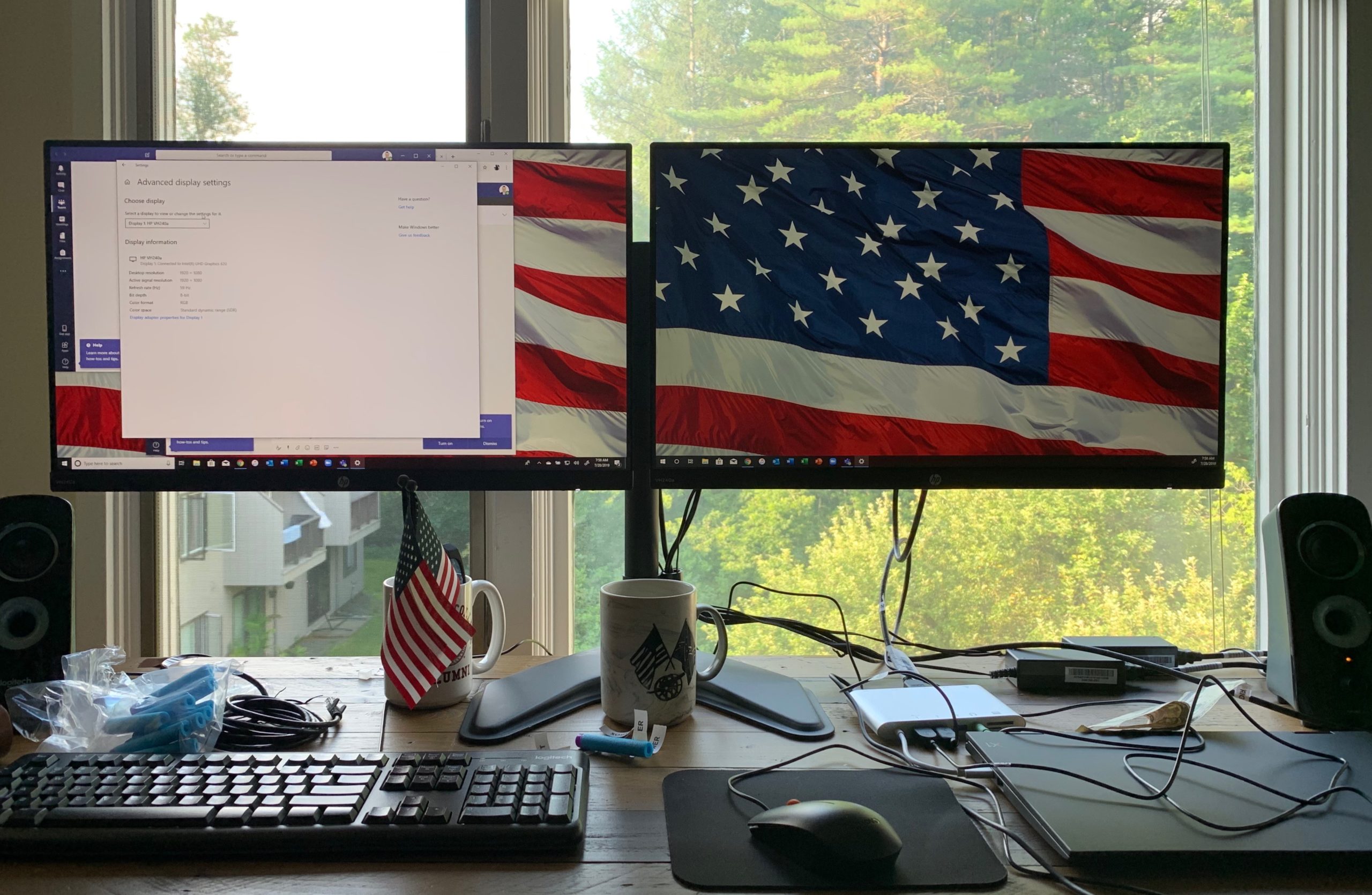Inpatient care is like the bane of my existence. I’ve landed myself in the slammer for a number of different reasons over the years – from emergencies, like flulike viruses and pancreatitis, to planned stays for observation. Each experience sheds a new light on the inadequacies of inpatient life for people living with cystic fibrosis. It’s been a few years since I’ve had to go inpatient (knock on wood!), I pretty much exclusively do my tune ups at home, unless there is some critical situation – mostly due to the way I feel about inpatient stays.
Our pal Lea unexpectedly found herself in the hospital last week (she’s out now!!!) and tweeted this from her hospital bed:
When doctors tell you to get admitted so people can take care of you, when in reality I take better care of myself at home & now I’m in a place where they don’t draw labs on time, withhold/ delay treatment, & I have to micromanage everyone & everything to get what I need #CfProbs
— Lea (@leaf7790) November 27, 2018
Truer words have never been spoken. Lea clearly summed up how most people with CF feel when we have to go inpatient. The root of the issue is that a lot of us are better with our own medical care than hospital staff.
That’s not a shot at cystic fibrosis care centers. I’m talking about the inpatient side of things.
It is essential for people with CF to have basic nursing and pharmacology skills (not to mention basic life saving skills). I consider the above to come from a lot of “on the job training” aka real life. Independence is very much reliant on a patient’s ability to manage self-care. A good support system goes a long way, too.
The trouble starts to add up during inpatient stays when someone on the care provider side abruptly alters our individual routines. Timing is everything with CF, especially when it comes to IVs and interval doses, and when you’re managing your own care for years it can seem invasive and frustrating when nursing and hospital staff can’t do something you can do so easily yourself. The unfortunate reality that a lot of us face is that when we are super sick, it’s hard to do it on our own.
It is a skill to be able to rely on someone else. I have trust issues, especially when it comes to my care, and learning to let go is not something I want to be proficient in. Decision making during moments of critical health is enormously important, but it’s also human nature to believe that someone else should have your best interests in mind – especially care providers, you know, the people you’re buying that exact service from. Because that’s what’s going on in the hospital, you’re buying care.
So, for example, when a nurse comes in your hospital room at 4am to dose your Q8 enzyme order, it can feel like the service you’re buying is flawed… or when a provider tries to get you to reuse a neb-cup without sterilizing it between medications, you probably feel like you want to explode.
These are rational feelings. People with CF are few and far between in the hospital, and most people who are inpatient are not the kinds of cases where the patient has years of experience in care. To that end, I always think it’s generally unreasonable to think care providers should know how to deal with our cases. Imagine working in a profession where the person you’re providing a service to knows how to do your job just as well as you do. It can create a weird power struggle.
It’s critical that inpatient providers understand that people with CF are able to help when we’re in the hospital – that is if we’re ready and willing to do so, some people aren’t and that’s okay, too. The problem is that our needs are so specific, not all care providers have the proper or necessary training to work with patients. Which seems kind of backwards, but I’ve found myself in far too many situations where co-production is the last thing on any provider’s mind.
Conversely, I’ve also been in a number of situations where I’ve worked with hospital staff to make sure my labs were on time and done in a way that fits my personal needs, while conforming to the hospital schedule. Yeah, it’s a pain in the ass to explain how enzymes work, or why it’s essential that staff gown and glove when they come into my hospital room, but it’s less annoying when the person on the other end of the stethoscope listens.
The simple fact of the matter is that the CF clinic really can’t oversee the entire hospital. They can broadly manage and direct care, but they it’s impossible for them to micromanage a patient’s stay, which means that we, patients, have to remain ever vigilant while we’re inpatient… so that when we leave the hospital, we’re actually feeling better.
My goal is to stay out of the hospital, but if I go in, I’m prepared to deal with the stress and anxiety that comes with it… I lean on my ability to be an empowered patient in times when I need it most, and you should, too!





